AARP Hearing Center

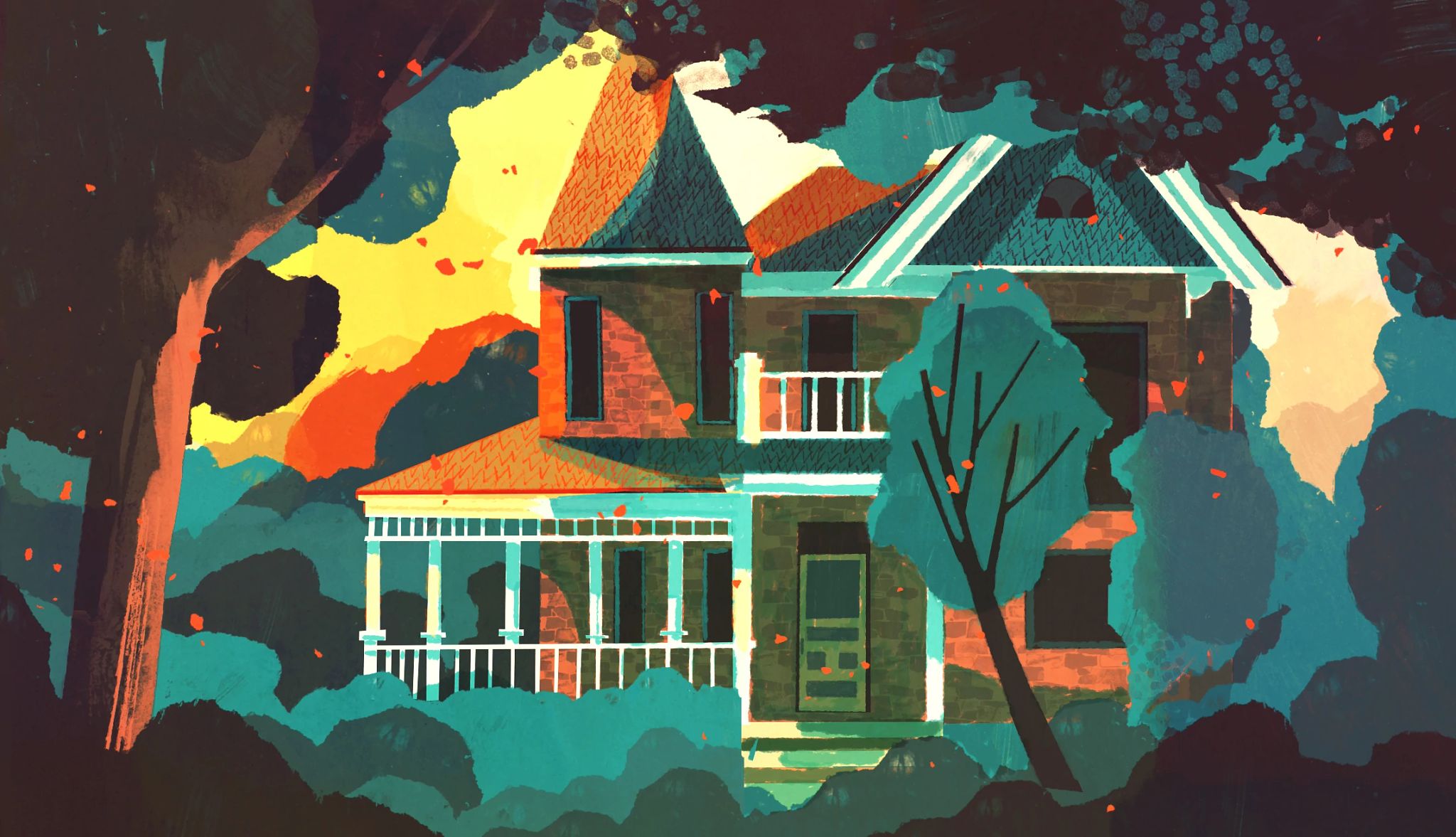
Jump to chapters
Chapter 16
Sophia
They stayed inside only long enough for Sophia to put a few items in the refrigerator and notice the claw-foot tub in the bathroom, yet her initial impression was one of fraying but pleasant hominess, a perfectly cozy overnight getaway. Meanwhile, Luke busied himself making sandwiches to go with the fruit and chips and bottles of water he’d picked up from the store.
Luke packed their lunches in the saddlebags before they started off on one of the dozen trails that criss-crossed the property. As usual, he rode Horse and she was once more on Demon, whom she couldn’t help thinking was slowly but surely getting used to her. He’d nuzzled her hand and nickered contentedly while Luke saddled him, and though it might have been because he was in an unfamiliar place, only the slightest touch of the reins was necessary to direct him.
The trail climbed ahead of them, weaving among trees that were so thick in some places, she doubted anyone had ever passed through before. At other times the trail opened up into the kind of expansive vista that she had seen only on postcards. They rode through lush green meadows of tall grass, and Sophia tried to picture them filled with wildflowers and butterflies every summer. She was grateful for her jacket and cowboy hat, as the trees kept most of the trail in shadow and the air was brisk as they rose to higher elevations.
Where the trail was too narrow to ride side by side, Luke motioned for her to take the lead, sometimes lagging a little behind. In those moments, she imagined that she was a settler gradually making her way out west, alone in a vast, unspoiled landscape.
They rode for a couple of hours before stopping for lunch at a clearing near the top. At the clearing’s lookout, they sat on boulders and ate, watching a pair of hawks circling the valley below. After lunch, they followed the trail for another three hours on horseback, sometimes on tracks that ran to the edge of steep precipices, the danger heightening Sophia’s senses.
They made it back to the cabin an hour before sundown and brushed down the horses before feeding each of them some apples along with their regular feed. By the time they finished, the moon had begun to rise, full-bodied and milky white, and the first stars were emerging.
“I think I’m in the mood for a bath before we eat,” she said.
“Would you mind if I hopped in the shower first?”
“As long as you promise not to use all the hot water.”
“I’ll be fast. I promise.”
Leaving the bathroom to Luke, she entered the kitchen and opened the refrigerator. Inside was a bottle of Chardonnay along with a six-pack of Sierra Nevada Pale Ale they’d picked up earlier, and she debated which one she wanted before searching through the drawers for the corkscrew.
There were no wineglasses in the cabinet, but she did find a jelly jar. It would have to do. She opened the wine bottle with a practiced motion and poured some into the jar.
Swirling the Chardonnay around in her jelly jar, she felt almost like a kid playing at being a grown-up. Come to think of it, she often felt that way, even though she was about to graduate from college. She’d never had to rent an apartment, for example. She’d never really worked for anyone other than her family. She’d never had to pay an electric bill, and even though she’d moved away, Wake wasn’t real life. College wasn’t real life. It was a fantasy world, she knew, entirely different from the world she would face in just a few months. Her classes, unlike work, started at ten in the morning and usually finished up around two. Nights and weekends, meanwhile, were devoted almost entirely to fun and socializing and defying boundaries. It had absolutely nothing in common with the lives her parents led, at least as far as she could tell.
As fun as college had been, she sometimes couldn’t help feeling that her life had been on hold for the last few years. It wasn’t until she’d met Luke that she realized how little she had really learned at school.
Unlike her, Luke seemed like an adult. He hadn’t gone to college, but he understood real life: people and relationships and work. He’d been one of the best in the world at something—bull riding—and she had no doubt he would be again. He could fix anything, and he’d built his own house. By any measure, he had mastered many things in life already, and right now, it struck her as inconceivable that she would be able to claim as much—even in entirely different areas—over the next three years. Who knew if she’d even be able to get a job in her chosen field, one that actually paid her . . .
All she really knew was that she was here with Luke, and that spending time with him made her feel like she was finally, truly, moving forward somehow. Because whatever they had between them was based in the real world, not the fantasy bubble of college life. Luke was as real as anyone she’d ever met.
She heard the water shut off with a thump in the pipes, breaking the thread of her thoughts. Carrying her jelly jar of wine with her, she took a tour of the cabin. The kitchen was small and functional, with inexpensive cabinets. Though the countertop was peeling and rusty rings stained the sink, it smelled of Lysol and bleach. The floors had been recently swept, and the surfaces were dust-free.
The small living area sported scuffed pine flooring and cedar wall planking with just enough room for a frayed plaid couch and a pair of rocking chairs. Blue curtains framed the window, and a single lamp stood in the corner. Sophia crossed the room to turn it on, only to discover that it was no brighter than the single bulb in the kitchen had been. Which no doubt explained the candles and matches on the coffee table. On a shelf opposite the windows lay a random assortment of books that she guessed had been left behind by other visitors, some hunting decoys—ducks—and a stuffed squirrel. A small television with rabbit-ear antennas sat in the center of the shelf, and though she didn’t bother to turn it on, she doubted it received more than one or two channels, if that.
She heard the water come on again and when the bathroom door squeaked open, Luke stepped out, looking clean and fresh in jeans and a white button-down shirt with the sleeves rolled up. He was barefoot, and he looked as though he’d raked his fingers through his wet hair rather than using a comb. From across the room, she could see a small white scar on his cheek, one she’d never noticed before.
“It’s all yours,” he said. “I’ve already got the water going for you.”
“Thank you,” she said. She kissed him briefly as she passed him. “I’ll probably be thirty or forty minutes.”
“Take your time. I’ve got to get dinner going anyway.”
“Another specialty?” she called from the bedroom, where she scooped up her overnight bag.
“I like it.”
“Does anyone else?”
“That’s a good question. I guess we’ll find out soon, huh?”
As promised, the water was already filling in the tub. It was hotter than she’d expected, and she turned the other faucet, trying to cool it a bit, wishing for some bubble bath or scented baby oil.
She undressed, conscious of the soreness in her legs and lower back. She hoped she wouldn’t be too stiff to walk tomorrow. Reaching for her wine, she slipped into the water, feeling luxurious despite her modest surroundings.
The bathroom had a small separate shower stall, and Luke had slung his used towel over the rod. The fact that he’d been naked in here only a few minutes earlier made something flutter in her lower belly.
She’d known what might happen this weekend. For the first time, they wouldn’t say good-bye near her car; tonight, she wouldn’t return to the sorority house. But being with Luke felt natural. It felt right, even if she admitted to herself she wasn’t all that experienced in these kinds of things. Brian had been the first and only guy she’d ever slept with. It had happened at the Christmas formal, when they’d already been dating for two months. She hadn’t known it would happen that night, but like everyone else, she was having fun and probably drinking too much, and when he brought her up to the room, they ended up making out on the bed. Brian was insistent, the room was spinning, and one thing led to the next. In the morning, she wasn’t sure quite what to think about it. Nor was Brian there to help her—she vaguely remembered him talking to some friends the night before about having Bloody Marys in one of their rooms the next morning. She stumbled to the shower with a headache the size of Wisconsin, and as the spray ricocheted off her, a million thoughts raced through her head. She was relieved to have finally done it—like everyone else, she’d wondered what it would be like—and was glad it had been with Brian, in a bed, as opposed to a backseat or something equally awkward. But for some reason, it also felt a little sad. She could imagine what her mom would think—or, God forbid, her dad—and frankly, she’d thought herself that it would be more . . . something. Meaningful. Romantic. Memorable. But really, what she wanted most of all just then was to head back to campus.
After that, Brian was like most guys, she supposed. Whenever they were alone, he wanted something physical, and for a while, she supposed she did, too. But then it began to feel as if it were all he ever wanted, and that began to bother her, even before he’d cheated on her.
And now here she was, alone with a guy overnight for the first time since Brian. She wondered why she wasn’t nervous, but she wasn’t. Instead, she soaped up the washcloth and ran it over her skin, imagining what Luke was doing in the kitchen. She wondered if he was thinking about her as she soaked in the tub, maybe even picturing what she looked like without clothing, and again, she felt a flutter in her lower belly.
She wanted this, she realized. She wanted to fall in love with someone she could trust. And she trusted Luke. Never once had he pressed her to do something she hadn’t wanted; never once had he been anything less than a perfect gentleman. The more time she’d spent with him, the more convinced she became that he was by far the sexiest guy she’d ever met. Who else did she know who could work with his hands the way he did? Who could make her laugh? Who was smart and charming, self-reliant and tender? And who else would take her horseback riding in one of the most beautiful places in the world?
Soaking in the tub and sipping wine, she felt for the first time older than her years. She finished her wine, feeling warm and relaxed, and when the water began to cool, she climbed out of the tub and toweled off. She sorted through her bag, intending to throw on a pair of jeans, but then realized that it was all she ever wore when they were together. Changing her mind, she pulled out a skirt and a tight, form-fitting blouse and slipped them on. She styled her hair, feeling pleased that she’d remembered to bring both the curling iron and the dryer. Makeup came next; she added a touch more mascara and eye shadow than she usually did, wiping the old mirror more than once to clear away the steam. She completed the outfit with a pair of gold hoop earrings that her mother had bought her for Christmas last year. When she was done, she looked herself over one more time, then with a deep breath she picked up the empty jelly jar and stepped into the hallway. Luke stood in the kitchen, his back to her as he stirred a pot on the stove. On the counter next to him was a box of crackers and a beer, and she watched as he reached for the bottle, taking a long pull.
He hadn’t heard her leave the bathroom, and for a while she simply watched him in silence, admiring the fit of his jeans and his smooth, unhurried actions as he cooked. Quietly, she moved toward the end table and bent down to light the candles. She stood back to survey the scene, then stepped over to turn off the lamp. The room darkened, becoming more intimate, the small candle flames flickering.
Luke, noticing the change in light, glanced over his shoulder. “Oh, hey,” he called out as she approached. “I didn’t realize you were finished . . .”
He trailed off as she emerged from the shadows into the soft yellow light of the kitchen. For a long moment, he drank in the sight of her, recognizing the hope and desire in the eyes that held his own.
“Sophia,” he whispered, the sound so soft that she barely heard it. But in her name, she could hear everything he hadn’t been able to say, and she knew in that moment that he was truly in love with her. And perhaps it was an illusion, but she also felt in that instant that he always would be, no matter what happened, with everything he had to give.
“I’m sorry for staring,” Luke said. “You just look so beautiful ”
She smiled as she continued to approach him, and when he leaned in to kiss her, she knew then that if she hadn’t been in love with him before, she was surely in love with him now.
+++
After the kiss she felt unsettled, and she sensed that Luke did as well. He turned around, lowering the flame beneath the burner, and reached for his beer, only to realize that he’d finished it. He set it beside the sink and went to the refrigerator to get another when he noticed the jelly jar she was holding.
“Would you like some more wine?” he asked.
She nodded, not trusting herself to speak, and handed him the glass. Their fingers brushed, sending a pleasant jolt through her hand. He pulled out the cork and poured some wine into the jelly jar.
“We could eat now if you’d like,” he said, handing it back to her and recorking the bottle. “But it’ll taste better if we let it simmer for another half hour. I sliced up some of the cheese we bought earlier if you’re hungry.”
“Sounds good,” she said. “Let’s sit on the couch, though.”
He replaced the wine and pulled out a second beer for himself, then picked up the plate of cheese. He’d added grapes to the plate and reached for the box of crackers on the counter as he followed her to the couch.
He put the food on the end table but held his beer as they took a seat next to each other. Luke opened one arm wide as she leaned into him, her back snug against his chest. She felt his arm go around her, just below her breasts, and she rested her arm on top of his. She could feel the rise and fall of his chest, his steady breaths, as the candles burned lower.
“It’s so quiet up here,” she remarked as he shifted his beer to the end table and wrapped his other arm around her as well. “I can’t hear anything outside at all.”
“You’ll probably hear the horses later,” he said. “They’re not the quietest animals and they’re right outside the bedroom. And sometimes, raccoons get onto the porch and they’ll knock all sorts of stuff over.”
“Why did you stop coming here?” she asked. “Was it because of your dad?”
When Luke spoke, his voice was subdued. “After my dad died, a lot of things changed. My mom was alone, and I was traveling on the circuit. When I was home, it always felt like we were so far behind . . . but I guess that’s really an excuse. For my mom, this was their place. I’d spend so much time outside riding and swimming and playing that I’d just collapse in bed right after dinner. My mom and dad would have the place to themselves. Later, when I was in high school, they used to sometimes come up here without me . . . but now, she doesn’t want to come. I’ve asked, but she just shakes her head. I think she wants to remember this place like it used to be. When he was still with us.”
She took another sip of wine. “I was thinking earlier about how much you’ve been through. In some ways, it’s like you’ve lived a full life already.”
“I hope not,” he said. “I’d hate for you to think I’m over-the-hill.”
She smiled, conscious of the contact between her body and his, trying not to think about what might come later.
“Do you remember the first night we met? When we talked and you took me out to show me the bulls?”
“Of course.”
“Could you ever have imagined that we’d end up here?”
He reached out for his beer and took a sip before resting it on the couch beside her. She could feel the chill from the bottle near her thigh. “At the time, I was just surprised you were talking to me at all.”
“Why would you be surprised?”
He kissed her hair. “Do you really have to ask? You’re perfect.”
“I’m not perfect,” she protested. “I’m far from it.” She swirled the wine in her jar. “Just ask Brian.”
“What happened with him had nothing to do with you.”
“Maybe not,” she said. “But . . .”
Luke said nothing, allowing her time to consider what she was going to say. She turned, looking directly at him.
“I told you that last spring I was a wreck, right? And that I lost a lot of weight because I couldn’t eat?”
“You told me.”
“All that’s true. But I didn’t tell you that for a while there, I also thought about suicide. It wasn’t like I came close to actually doing anything about it; it was more like a concept, something that I latched on to, to feel better. I’d wake up and not care about anything and not be able to eat, and then I’d think that there was one sure way to stop the pain and that was to end it all. Even then, I knew it was crazy, and like I said, I never really thought I’d go through with it. But just knowing that the option was there made me feel like I still had some kind of control. And at the time, that’s what I needed more than anything. To think that I was in control. And little by little, I was able to pull myself together. That’s why, the next time Brian cheated on me, I was able to walk away.” She closed her eyes, the memory of those days passing like a shadow over her face. “You’re probably thinking you’ve made a big mistake right about now.”
“Not at all,” he said.
“Even if I’m crazy?”
“You’re not crazy. You said yourself you never really considered going through with it.”
“But why would I latch on to the idea? Why would I even think about it at all?”
“Do you still think about it?”
“Never,” she said. “Not since last spring.”
“Then I wouldn’t worry too much. You’re not the first person in the world to think about it. It’s a big leap from thinking to considering, and an even bigger leap to attempting.”
She weighed the comment, recognizing his point. “You’re being too logical about the whole thing.”
“That’s probably because I have no idea what I’m talking about.”
She squeezed his arm. “No one knows any of this, by the way. Not my mom or dad, or even Marcia.”
“I won’t tell,” he said. “But if it happens again, you might consider talking to someone a whole lot smarter than I am. Someone who would know what to tell you, maybe help you navigate the whole thing.”
“I plan on it. But hopefully it won’t happen again.”
They sat in silence, his body warm against hers. “I still think you’re perfect,” he offered, making her laugh.
“You’re a sweet talker,” she teased. She tilted her head up, kissing him on the cheek. “But can I ask you something?”
“Anything,” he answered.
“You said that your mom wanted to double the size of the herd and when I asked why, you said she didn’t have a choice. What does that mean?”
He traced a finger along the back of her hand. “It’s a long story.”
“That again? Then answer me this: Does it have anything to do with Big Ugly Critter?”
She felt his muscles tighten involuntarily, if only for an instant. “Why would you say that?”
“Call it a hunch,” she said. “You never finished that story either, so I just assumed they might be related.” She hesitated. “I’m right, aren’t I?”
She felt him take a long breath and then release it slowly. “I thought I knew his tendencies,” Luke began, “and I did—at first. Halfway through the ride, I made a mistake. I leaned too far forward just as Big Ugly Critter threw his head back and I was knocked unconscious. When I toppled off, Big Ugly Critter ended up dragging me around the arena. He dislocated my shoulder, but that wasn’t the worst of it.” Luke scratched at the stubble on his cheek, then continued, his voice matter-of-fact, almost distant. “As I lay there in the dirt, the bull came back at me. It was pretty bad. I ended up in the ICU for a while . . . but the doctors did amazing work and I got lucky. After I woke up, I recovered a lot faster than they thought I would. But I still had to stay in the hospital for a long time, and then there were months of rehab. And my mom . . .”
He trailed off, and though he was telling the story without emotion, Sophia could feel her own heart beginning to speed up as she tried to picture his injuries.
“My mom . . . she did what most moms would do, right? She did whatever she could to make sure I got the best care possible. But the thing is, I didn’t have health insurance—bull riders can’t really get it, because of how dangerous riding is. Or, at least, they couldn’t back then. The tour provides minimal coverage, but it was nowhere near enough to cover the cost of my hospital care. So my mom had to mortgage the ranch.” He paused, suddenly looking older than his years. “The terms weren’t great, and the rates are going to readjust next summer. And the ranch doesn’t have enough income to cover those upcoming loan payments. We can barely meet them now. We’ve been doing everything we can this past year to figure out how to squeeze some more money out of the place, but it’s just not working. We’re not even close.”
“What does that mean?”
“It means we’re going to have to sell it. Or in the end, the bank is going to take it. And this is the only life my mom knows. She built the business, and she’s lived on the ranch her entire life . . .” He let out a long exhale before going on. “She’s fifty-five years old. Where would she go? What would she do? Me, I’m young. I can go anywhere. But for her to lose everything? Because of me? I just can’t do that to her. I won’t.”
“Which is why you started riding again,” Sophia said.
“Yeah,” he admitted. “It’ll help cover the payments, and with a few good years, I can make a dent in what we owe, so that we can get the principal down to something manageable.”
Sophia brought her knees up. “Then why doesn’t she want you to ride?”
Luke seemed to choose his words carefully. “She doesn’t want me to get hurt again. But what other choice do I have? I don’t even want to ride anymore . . . it’s not the same for me. But I don’t know what else to do. As best I can figure, we can last until June, maybe July. And then . . .”
The guilt and anguish in his expression made her chest constrict.
“Maybe you’ll find that other pasture you need.” “Maybe,” he said, sounding less than sure. “Anyway, that’s what’s going on with the ranch. It’s not all that pretty. That’s one of the reasons I wanted to bring you here. Because being here with you meant that I didn’t have to think about it. I didn’t have to worry. All I’ve done since I’ve been here is think about you and how glad I am that you’re with me.”
Just as he’d predicted, one of the horses outside let out a long neigh. The room was growing cooler, the cold mountain air seeping through the windows and the walls.
“I should probably check our dinner,” he said. “Make sure it’s not burning.”
With reluctance, Sophia sat up, letting Luke squeeze past. The guilt he felt at his role in jeopardizing the ranch was so genuine, so evident, that she found herself rising from the couch to follow. She needed him to know that she was here to comfort him, not because he needed her to, but because she wanted to. The love she felt for him altered everything, and she wanted him to feel that.
He was stirring the chili when she came up behind him and slipped her arms around his waist. He stood straighter and she squeezed him lightly before loosening her grip. He turned around and pulled her close. Their bodies came together then, and she leaned into him. For a long time, they simply held each other.
He felt so good to her. She could feel his heart beating in his chest, could hear the gentle rhythm of his breaths. She tucked her face into his neck, inhaling his scent, and as she did, she felt desire flooding her body in a way she had never experienced before. She slowly kissed his neck, listening to his rapid breath.
“I love you, Sophia,” he whispered.
“I love you, too, Luke,” she whispered back as his face inched closer to hers. Her only thought as they began to kiss was that this was the way it should always be, forever. Hesitant at first, their kisses became more passionate, and when she raised her eyes, she knew her desire was plain. She wanted all of him, more than she had ever wanted anyone, and after kissing him one more time, she reached behind him, turning off the burner. Without breaking his gaze, she reached for his hand and slowly began leading him to the bedroom.


























































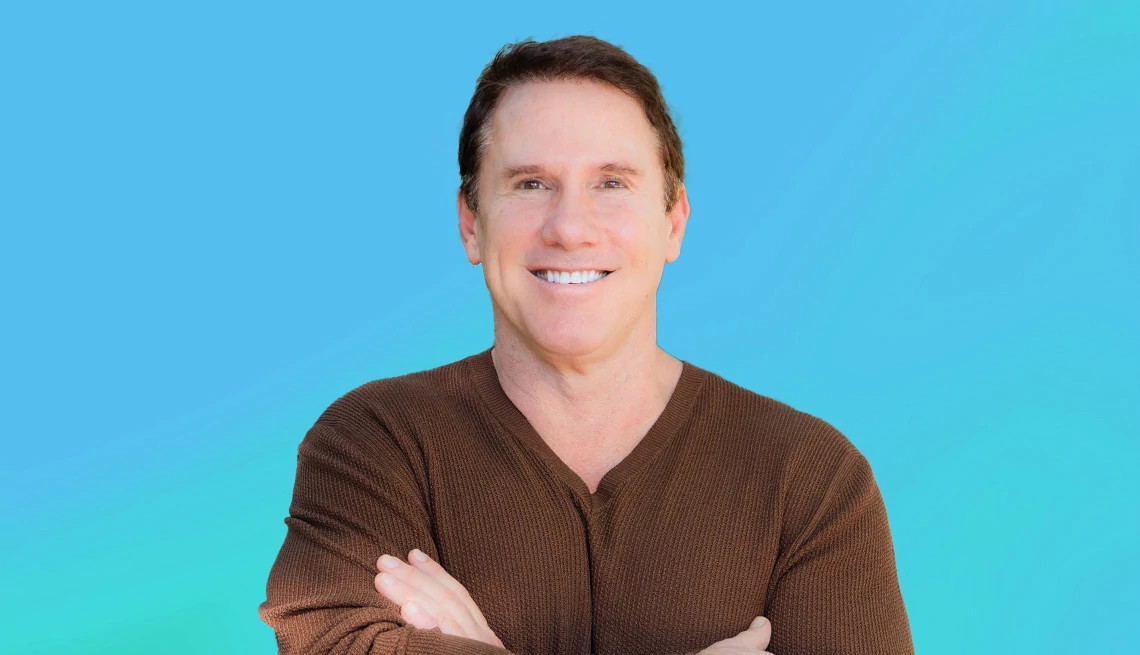.jpg?crop=true&anchor=0,0&q=80&color=ffffffff&u=lywnjt&w=1140&h=655)
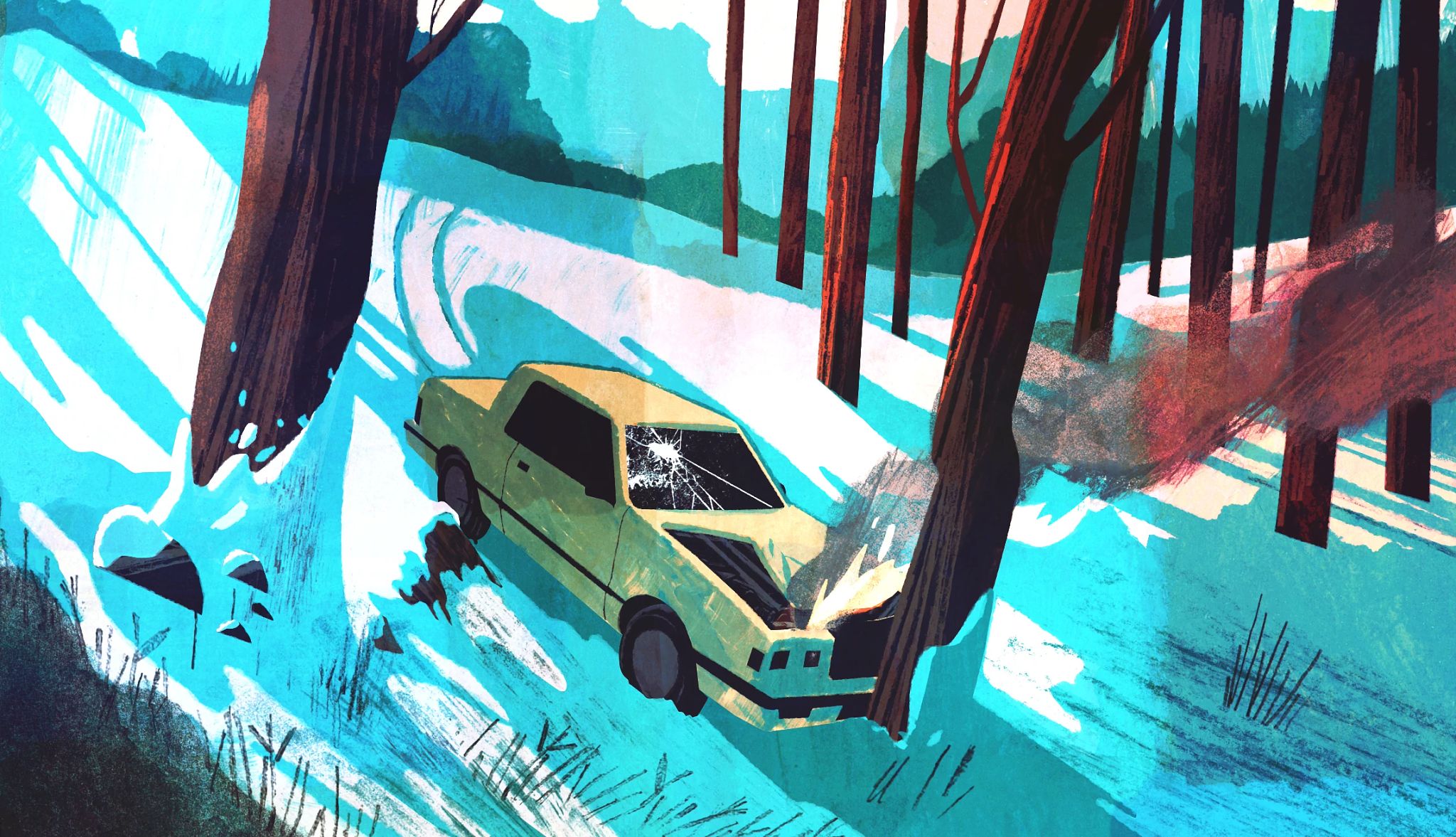
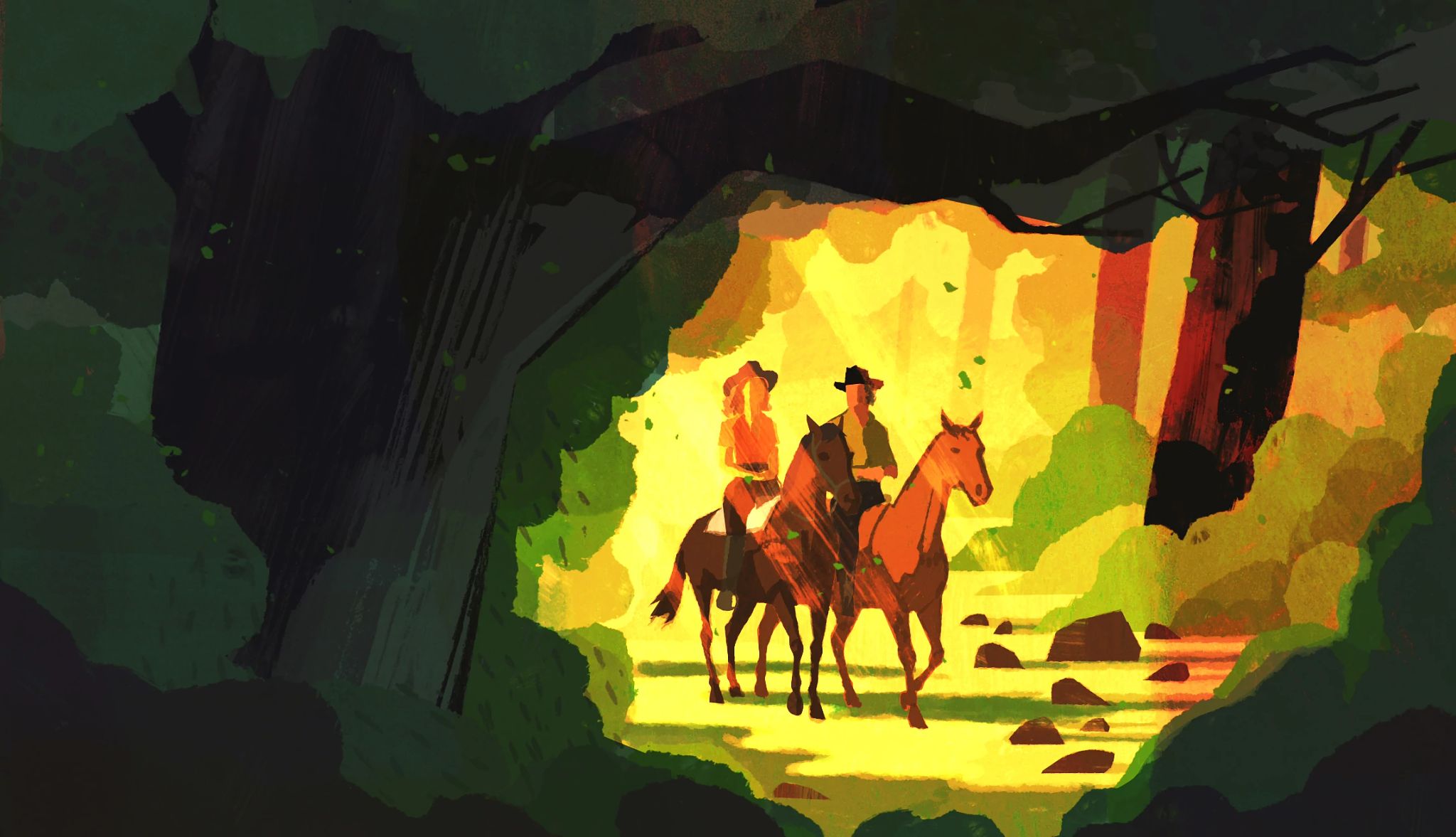
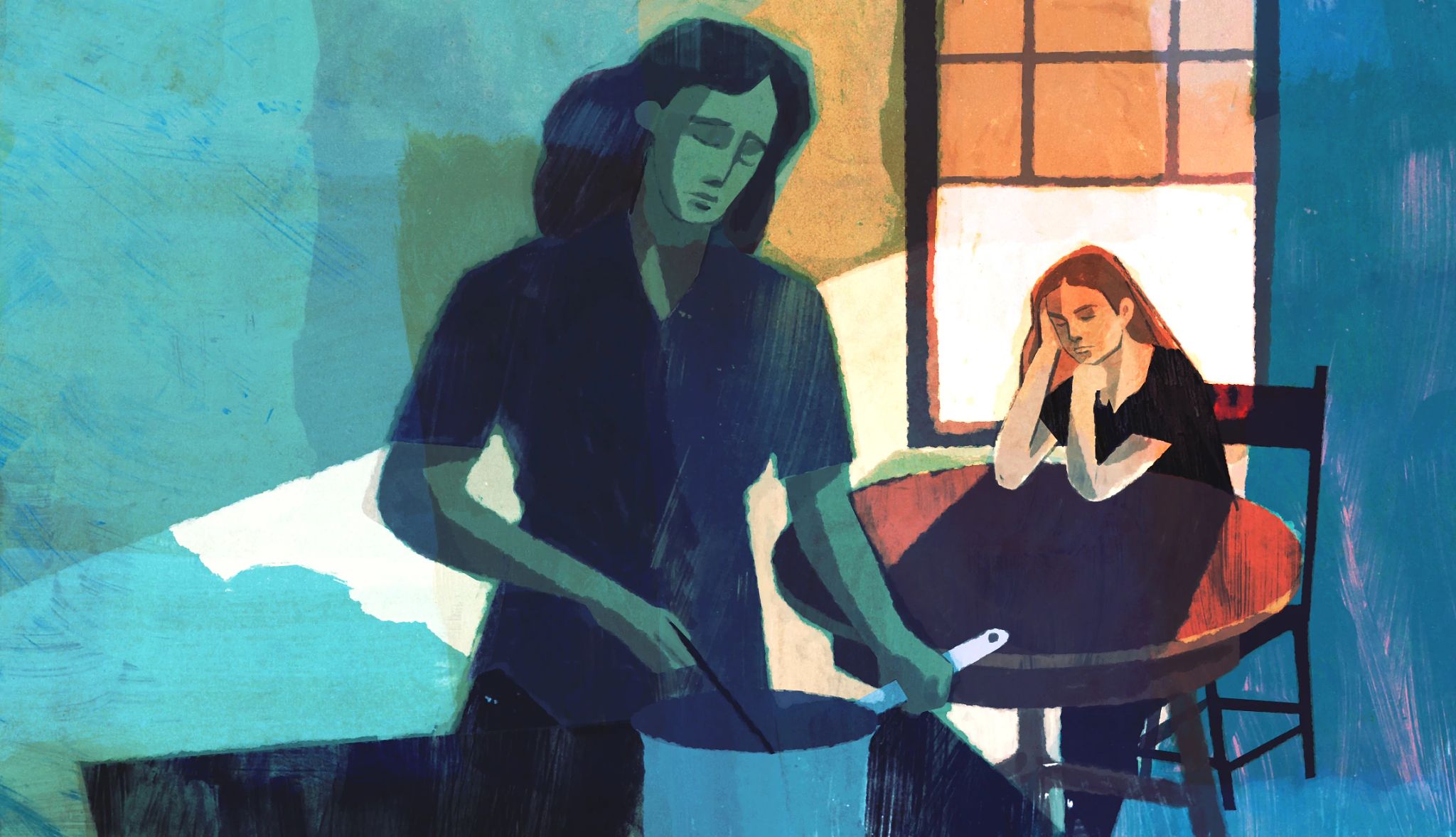
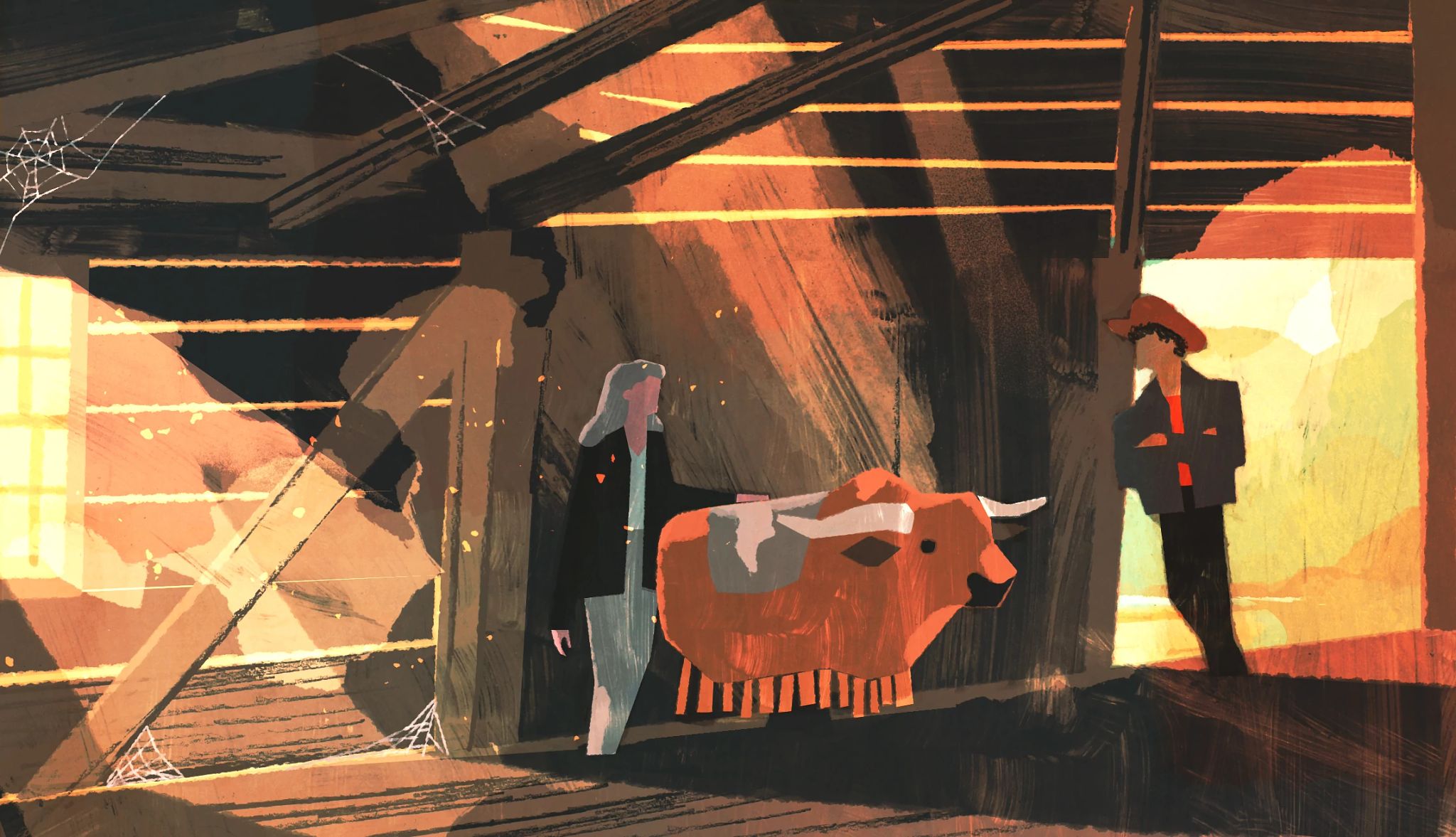
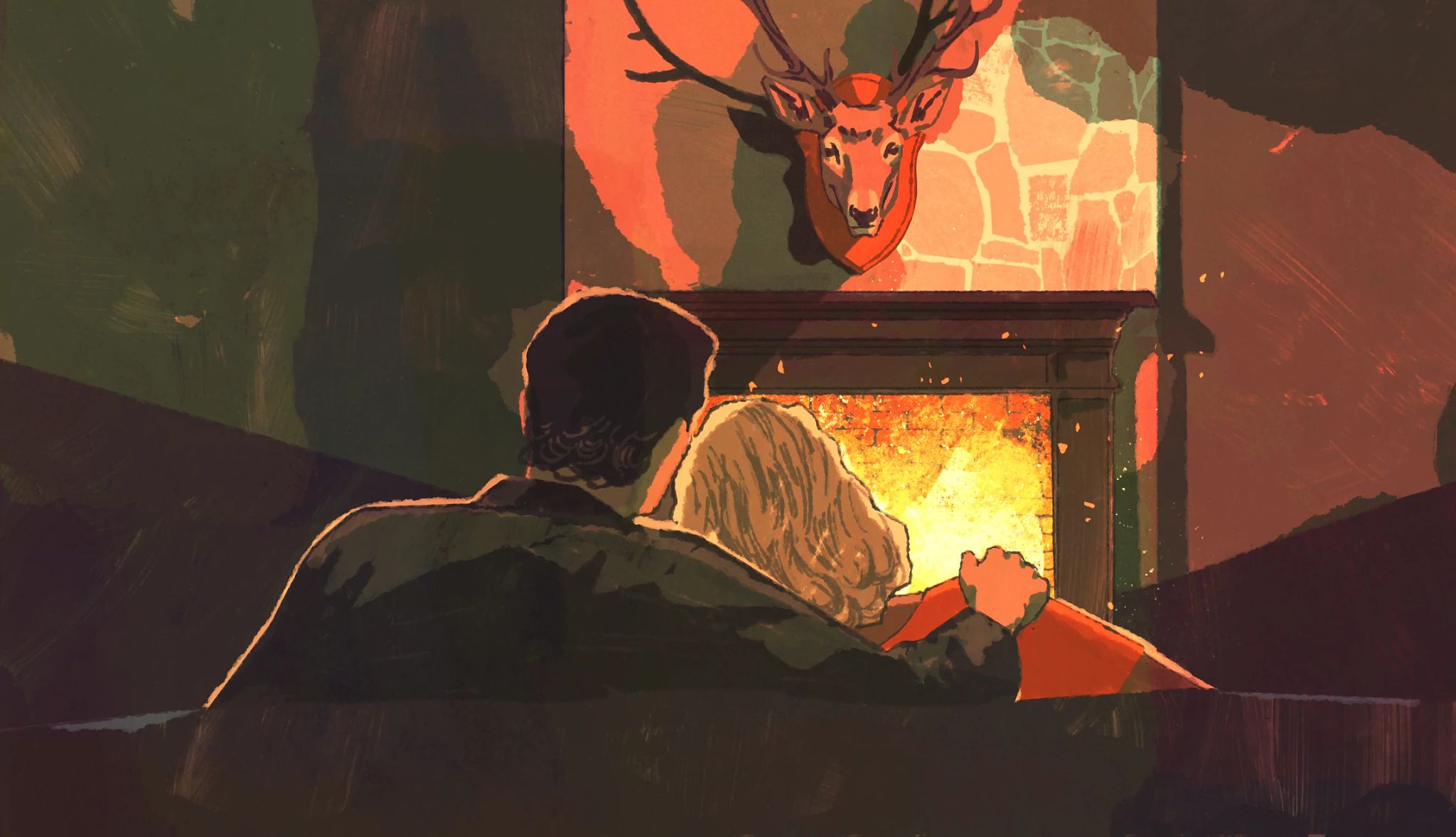
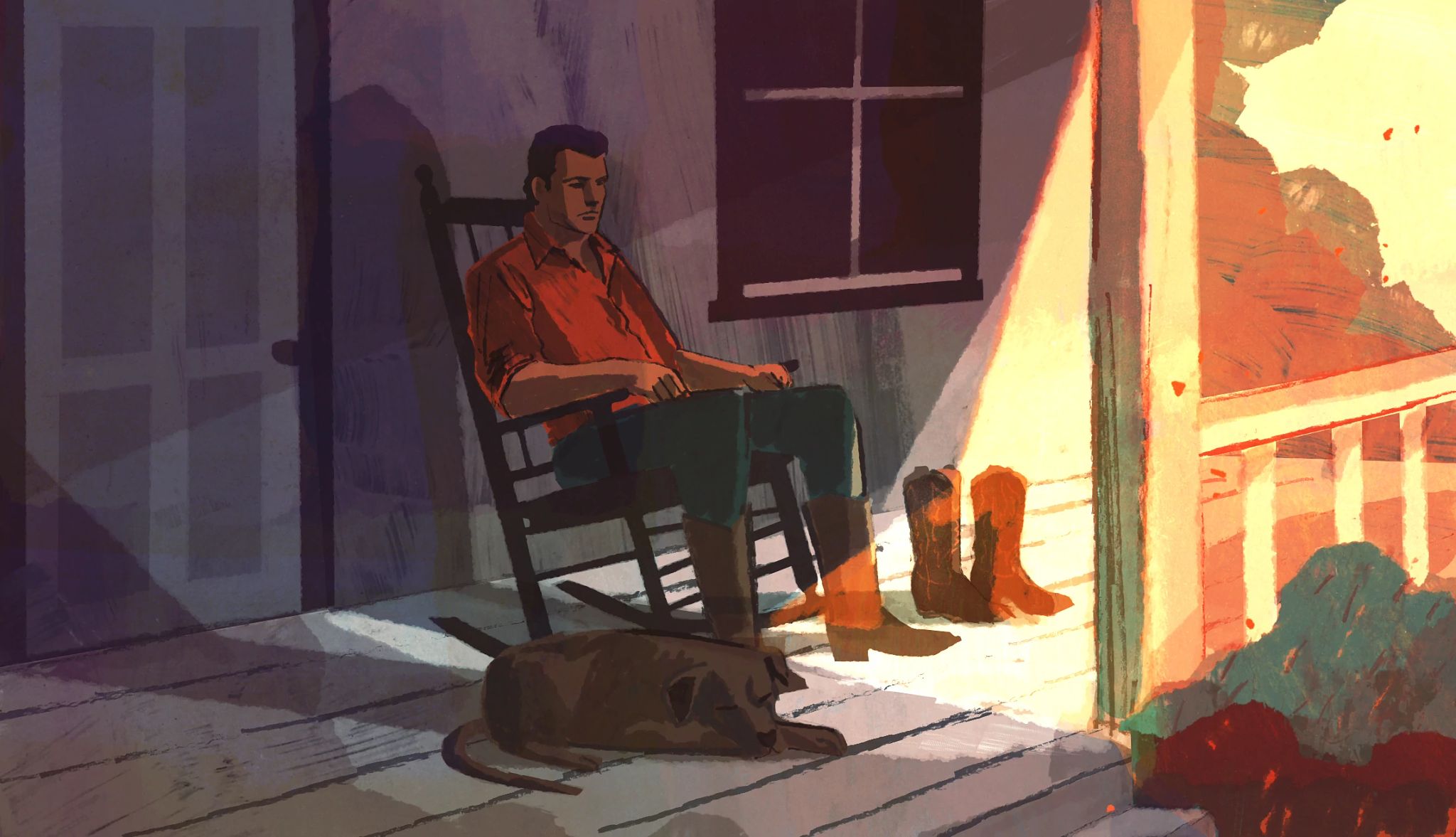
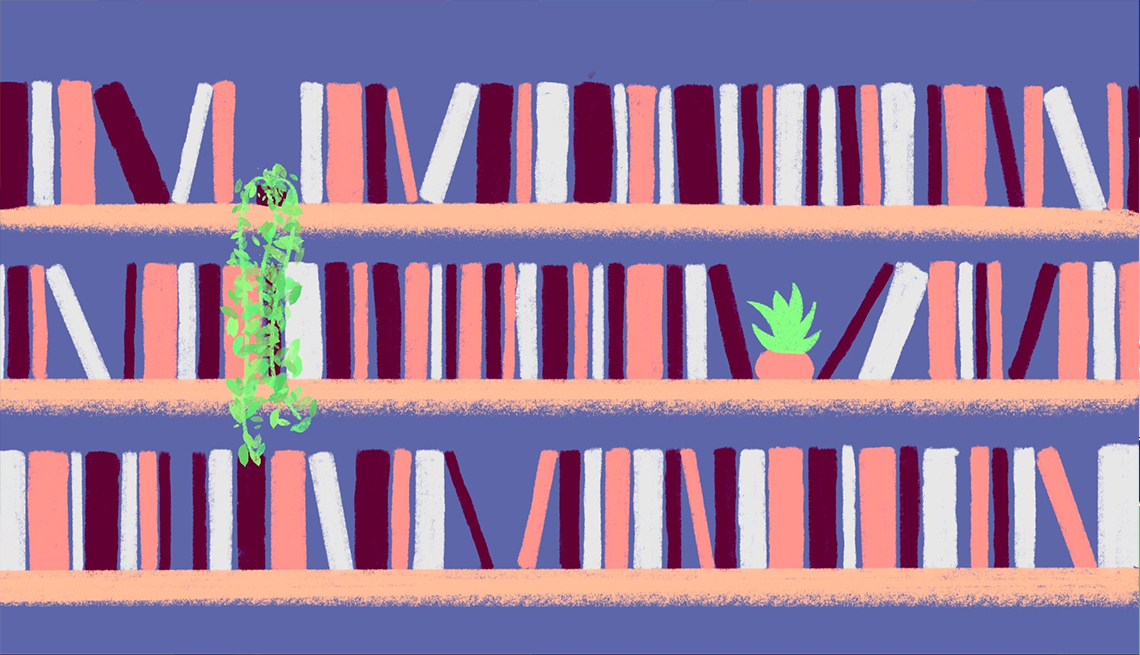
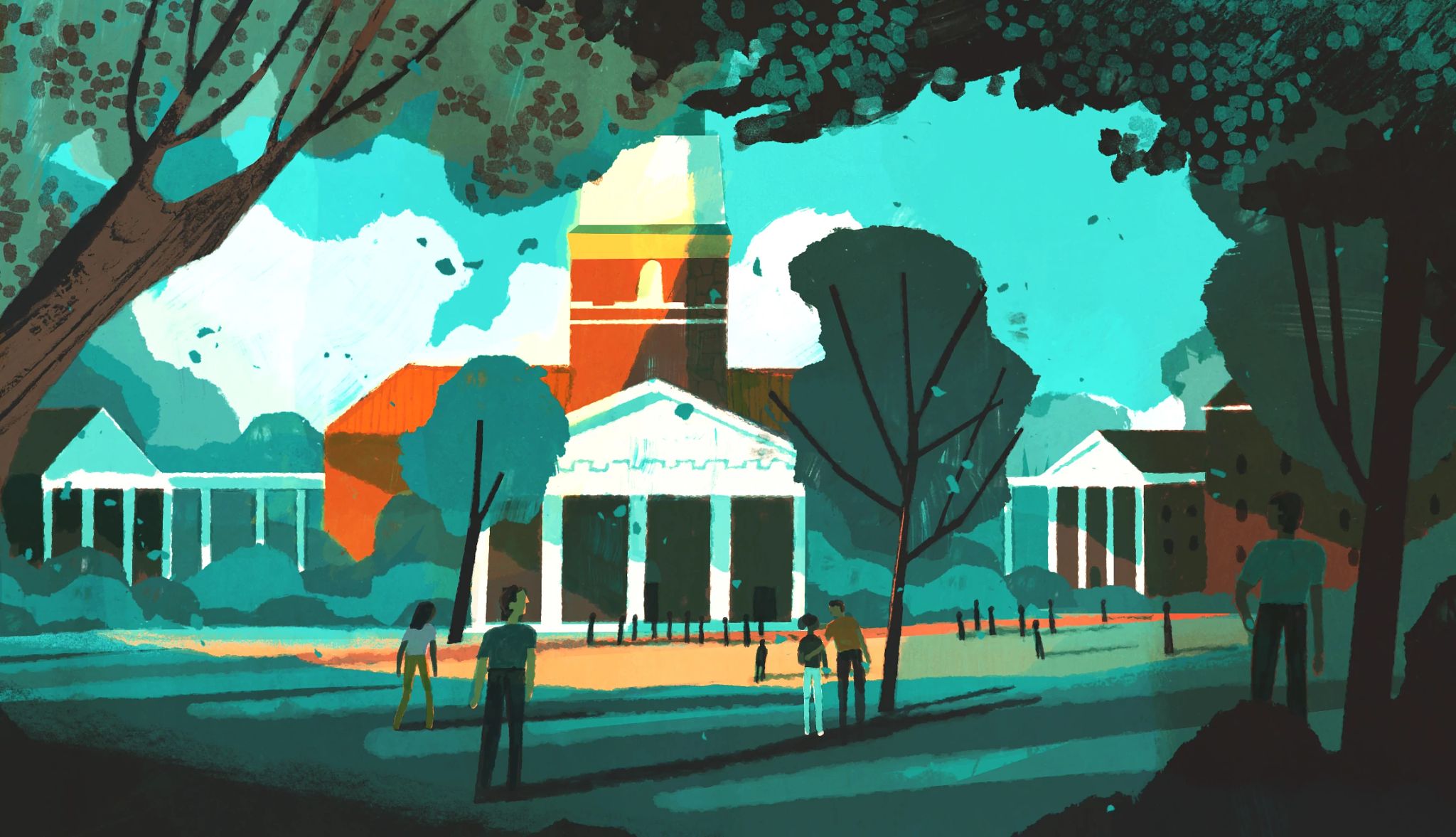
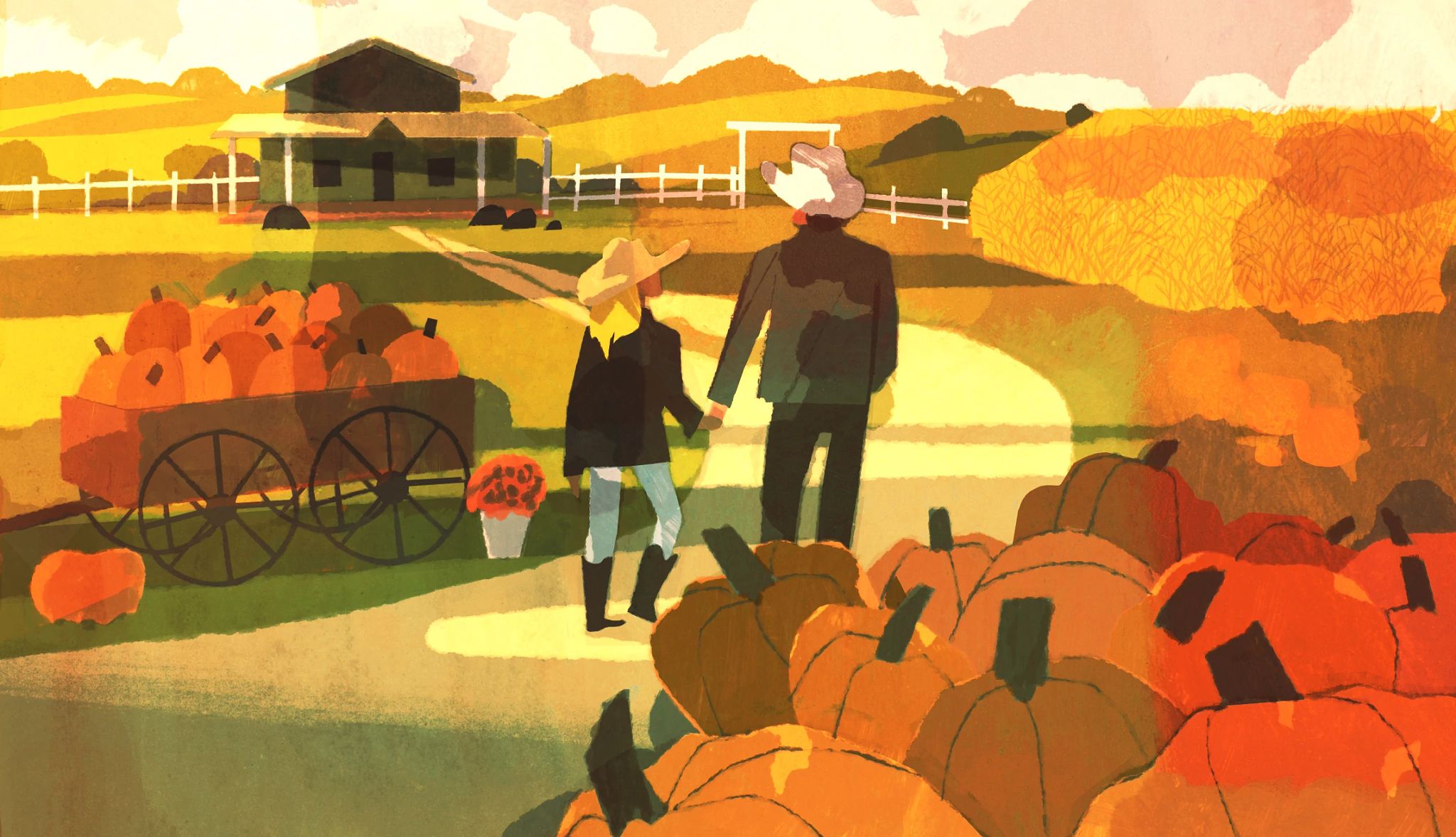
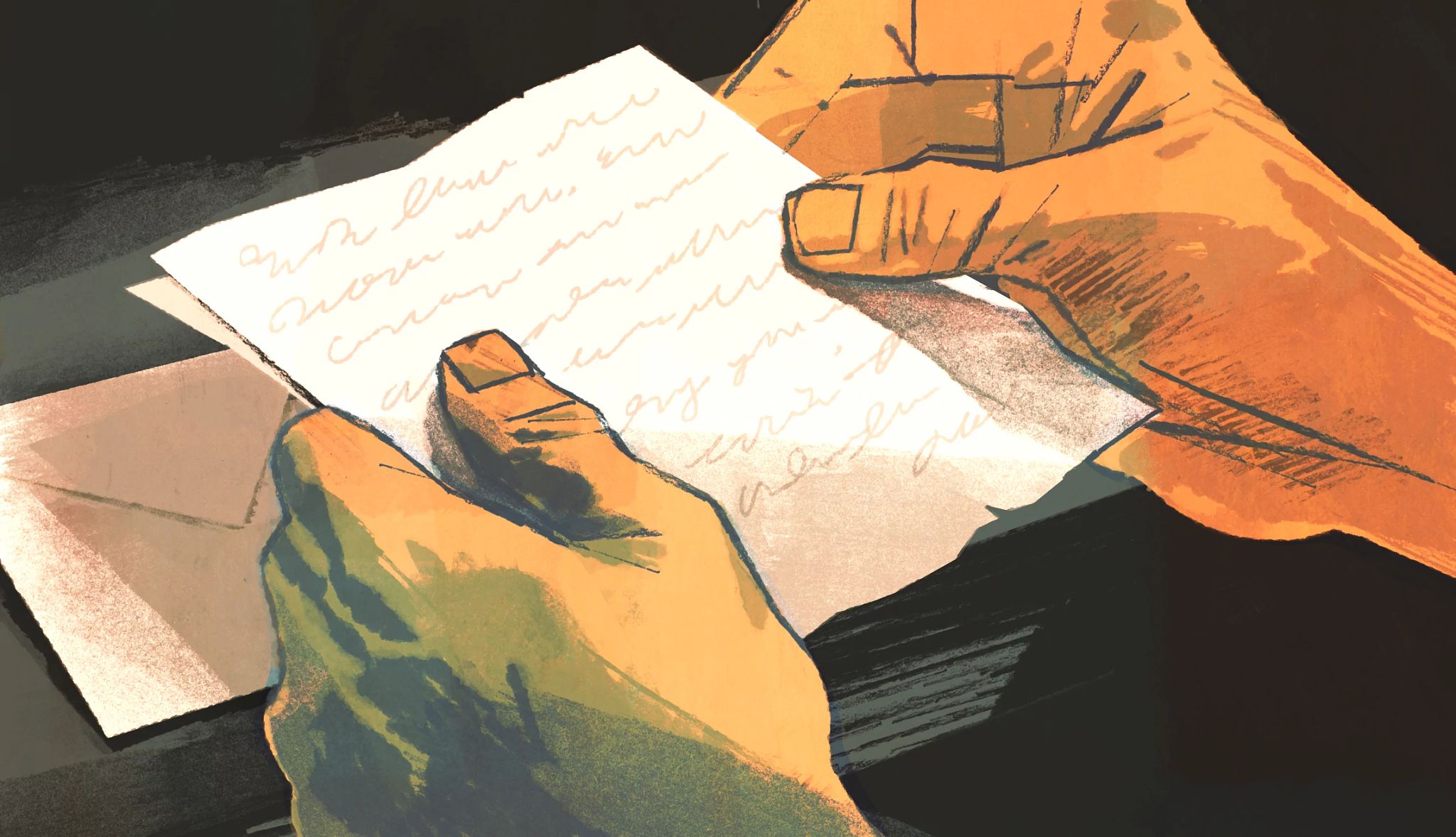
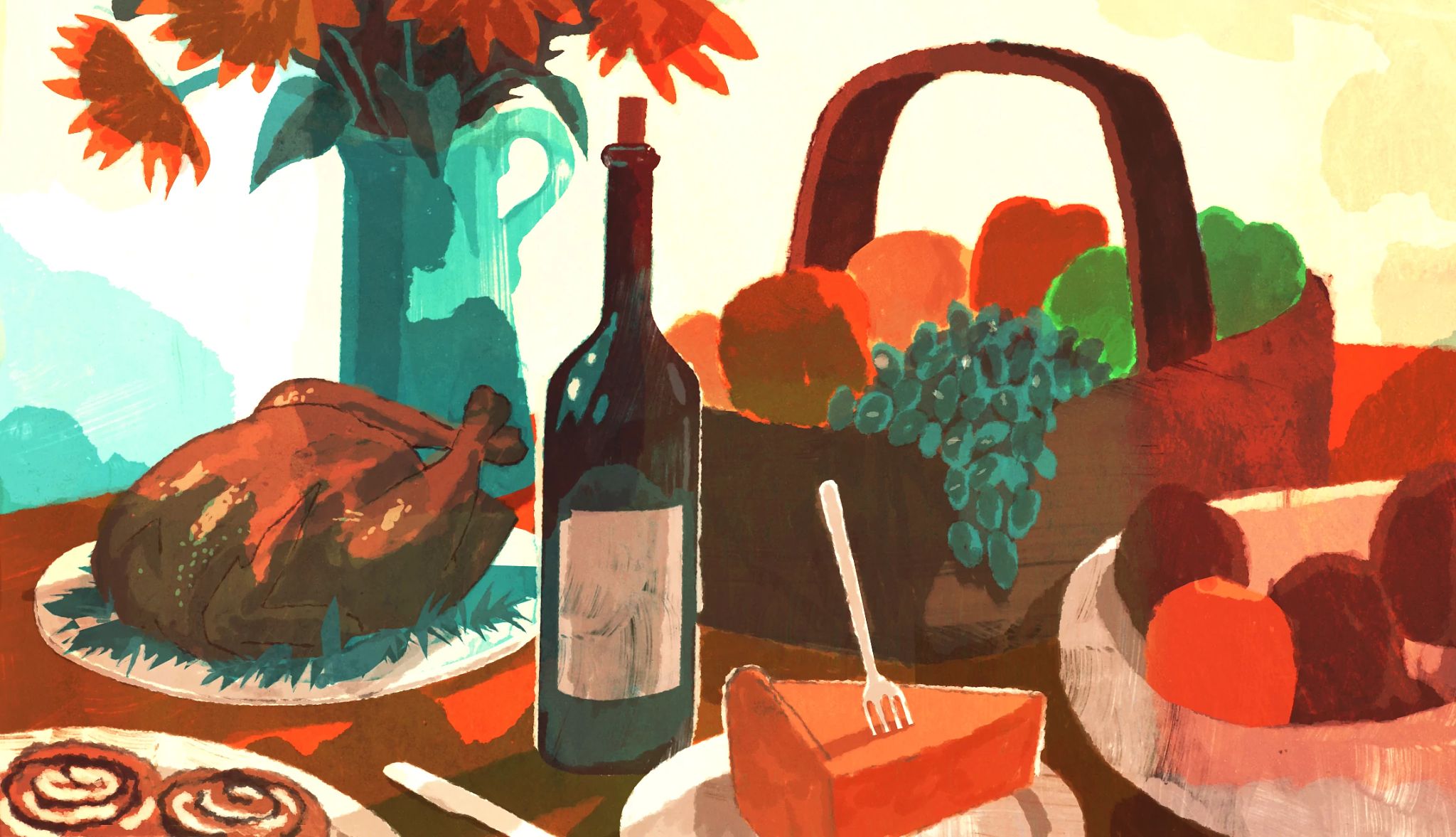


You Might Also Like
Is Nicholas Sparks as Romantic as the Leading Men in His Stories?
Author of ‘The Longest Ride’ and other best-selling novels discusses life, love and his new book, ‘Counting Miracles’
Free: ‘The Excitements’ by CJ Wray
Feel-good romp follows the law-breaking escapades of two quirky 90-something WWII vet sisters
More Free Books Online
Check out our growing library of gripping mysteries and other novels by popular authors available in their entirety
Recommended for You